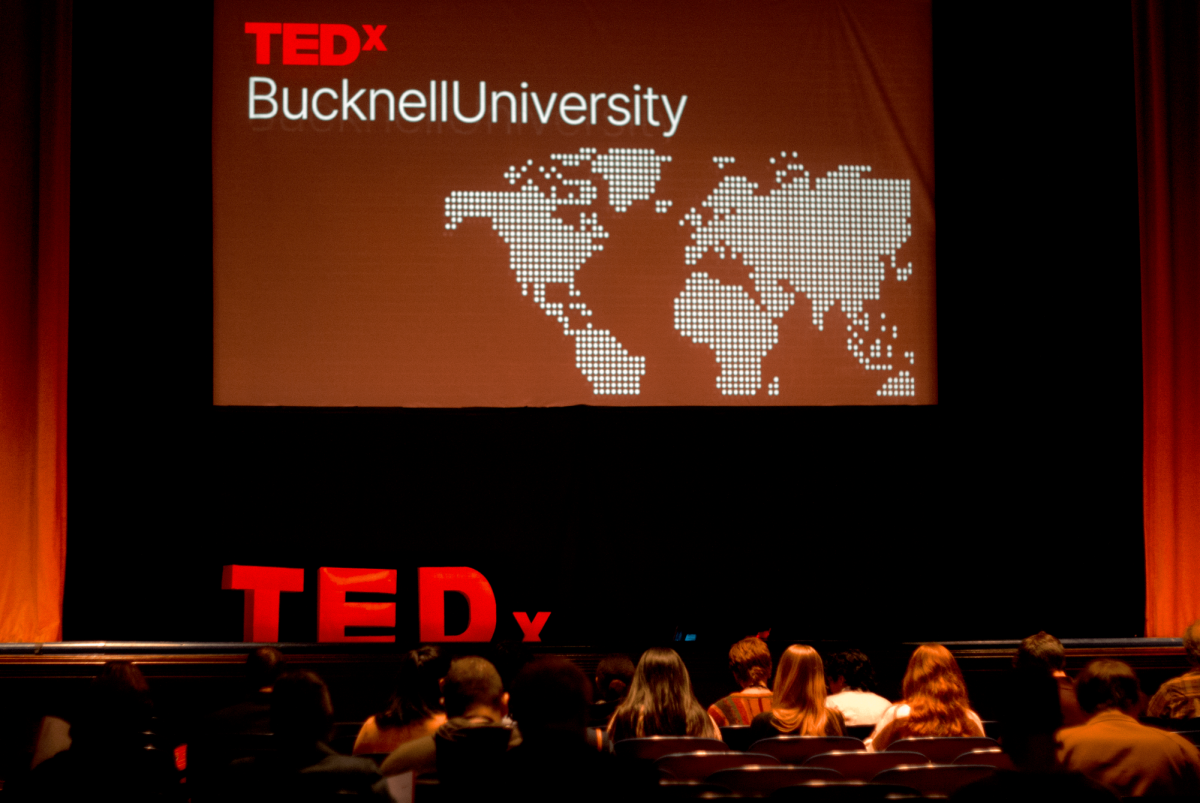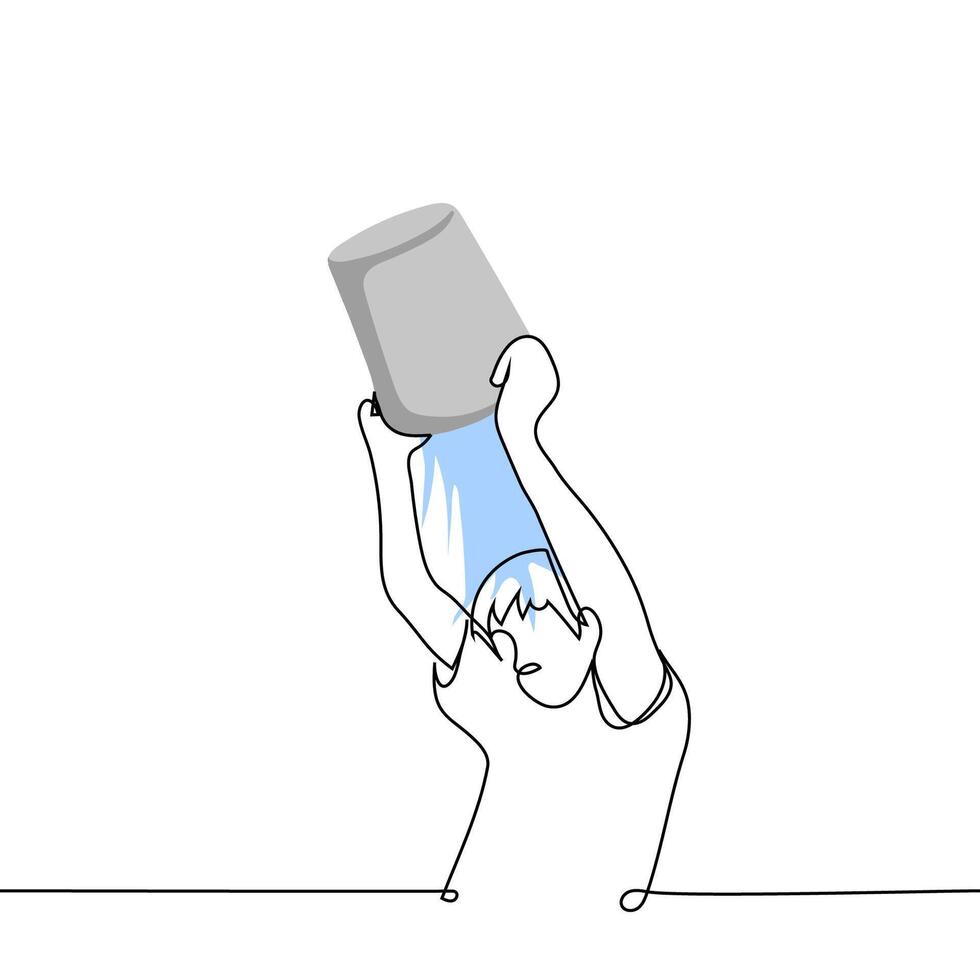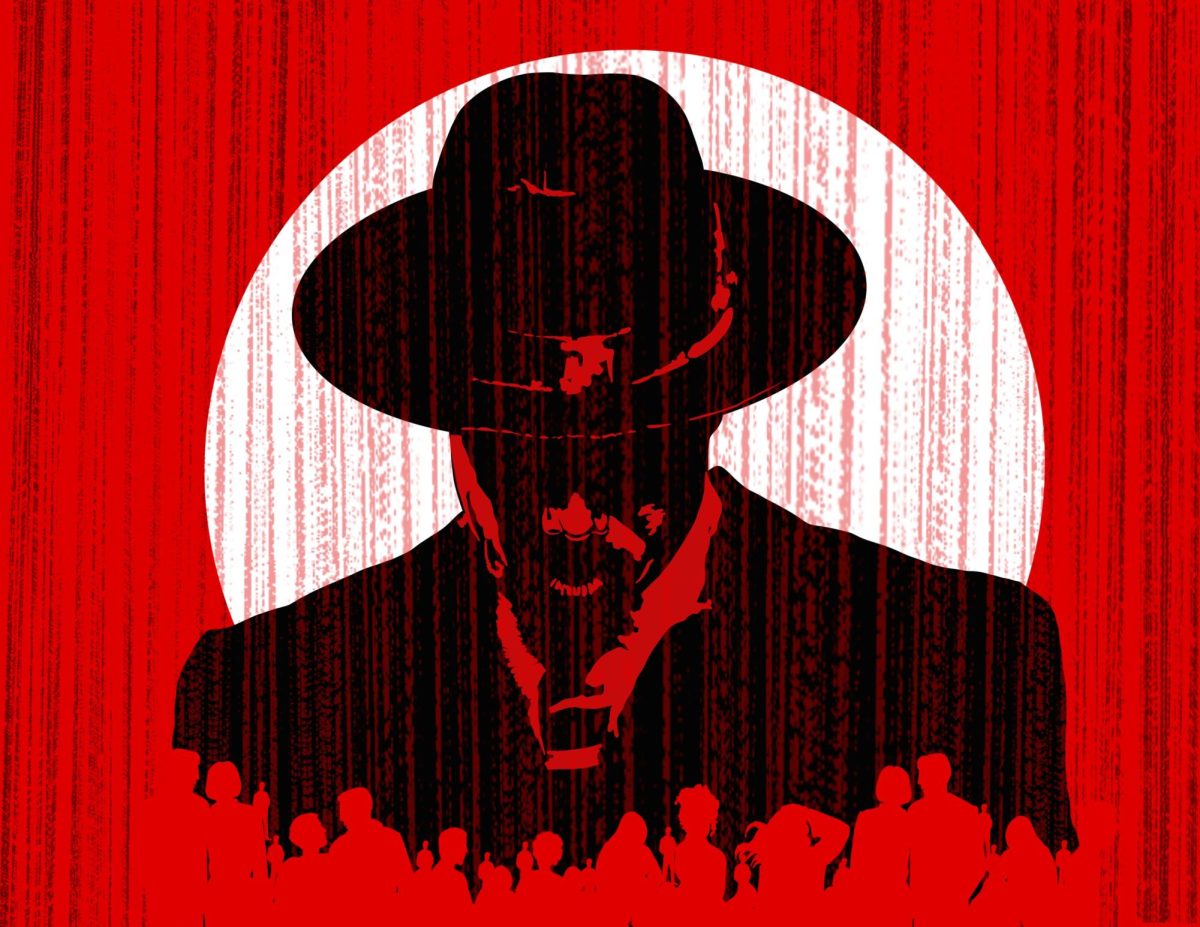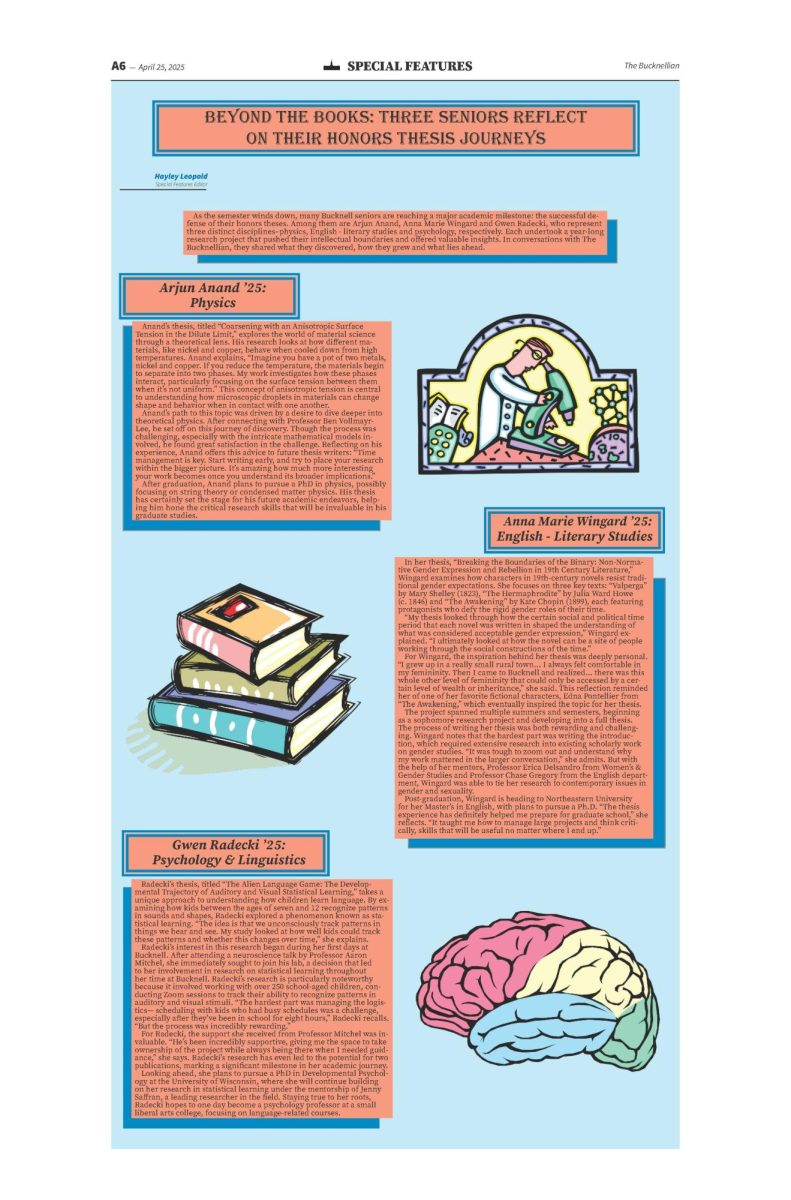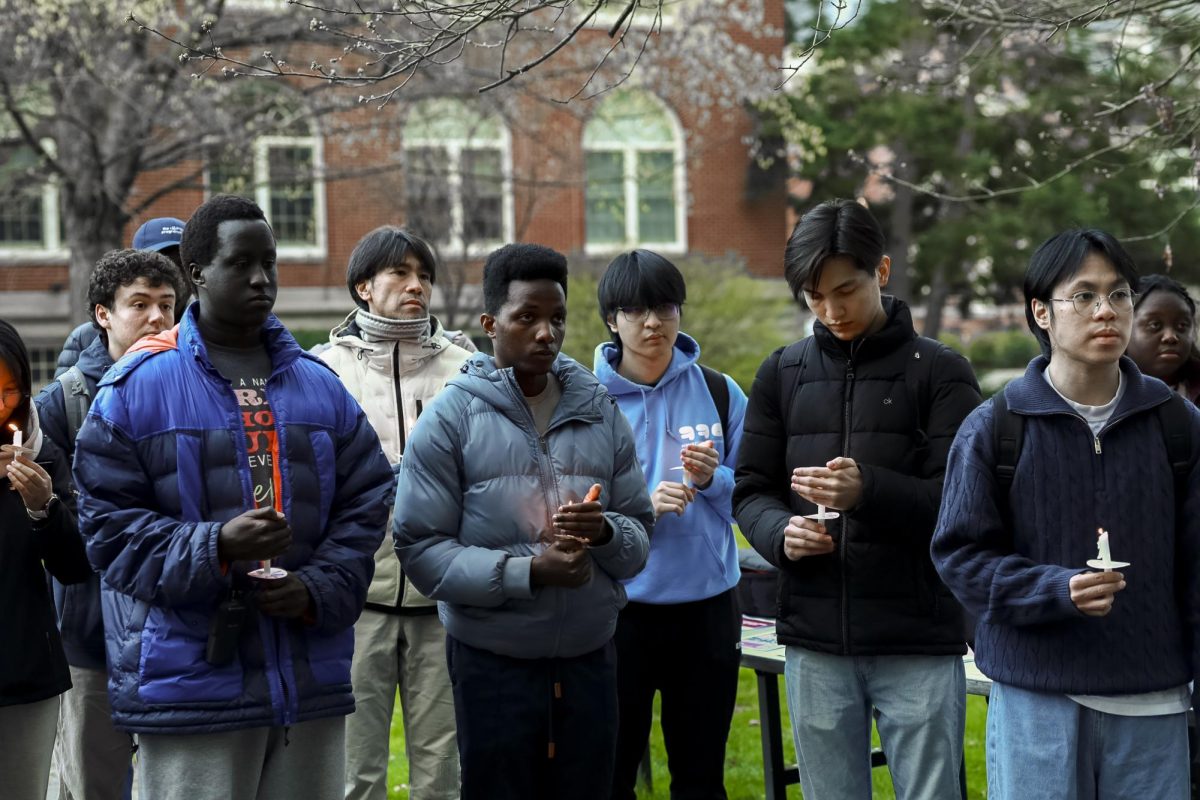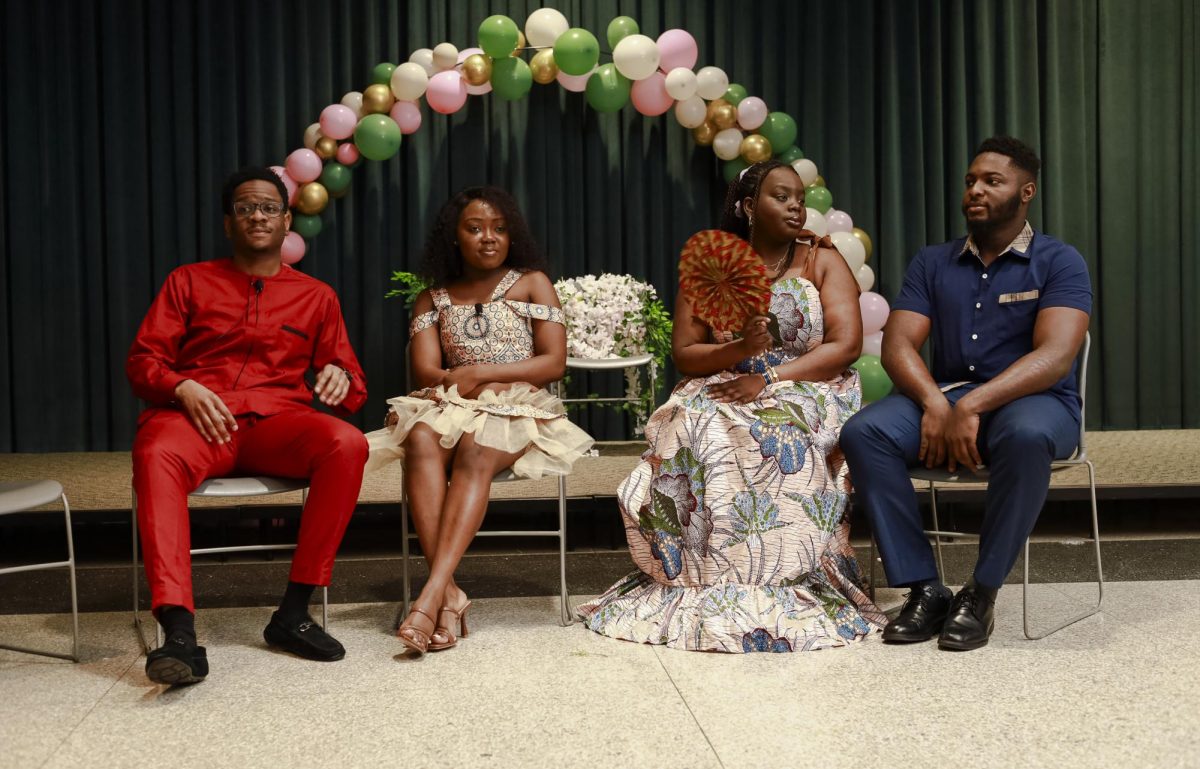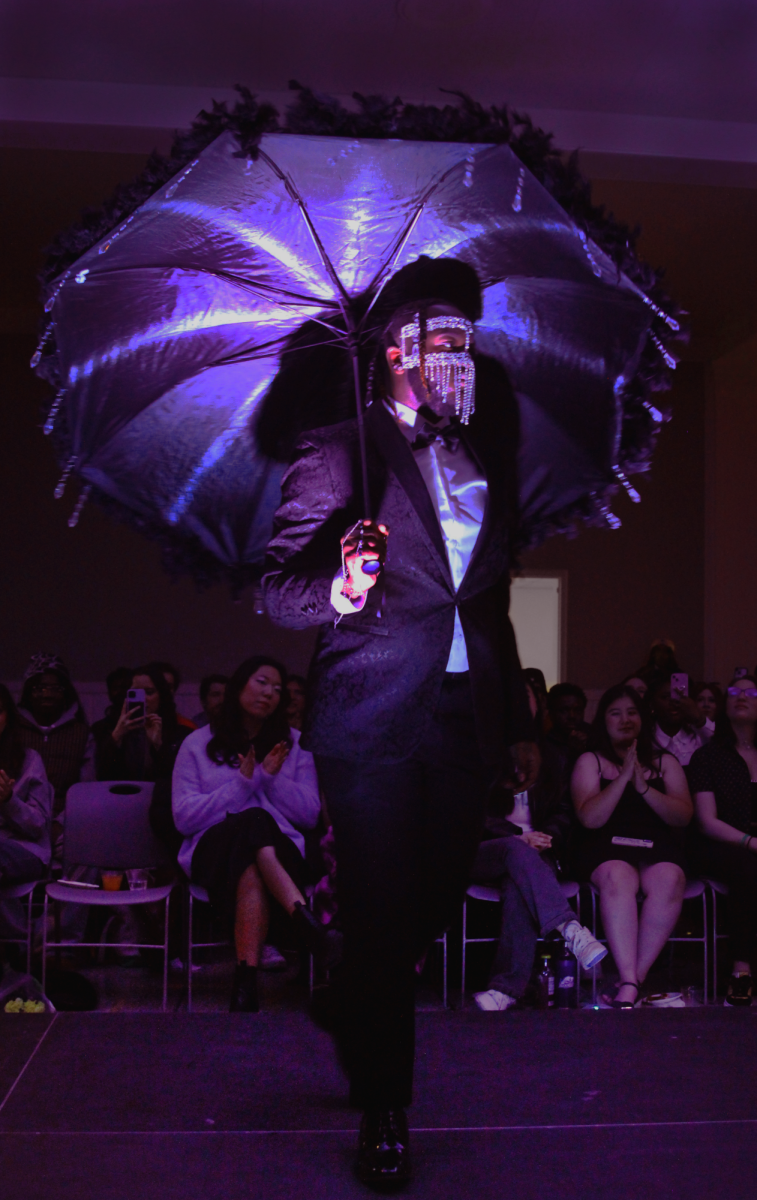We talk about inclusion. We talk about community. We host workshops, write flyers, give speeches. But there’s something silently brewing beneath the surface of campus life — a subtle, unspoken experience I’ve come to call the Weird Syndrome. It isn’t some medical condition or trending label but rather a psychological itch most of us feel when navigating spaces that expect sameness yet celebrate difference on the surface.
Let me explain.
We live in a world completely entrenched in social norms. From the earliest moments of our lives, we’re told how to act, what to wear, what’s “normal” and what’s not. These standards aren’t inherently ours; they’re hand-me-downs from generations before us. We accept them, not necessarily because they make sense to us, but because they make sense around us. It’s survival, really. We learn that adapting to the dominant culture keeps us safe, unjudged, invisible.
But the problem intensifies when we enter campus life, a place filled with people from different worlds, each bringing their own sense of what’s normal, what’s weird, what’s acceptable. The herd we once blended into no longer looks the same. Here, our sense of belonging is no longer as guaranteed as it may have once seemed. Suddenly, the behaviors, beliefs or even clothes we thought were standard are viewed through different lenses. And, often, when those lenses don’t match, someone ends up being seen as the weird one.
For minorities, international students or anyone coming from underrepresented backgrounds, this can be a particularly jarring experience. When your upbringing doesn’t align with the majority culture on campus, it’s easy to be pushed into that “weird” box. Not because you’ve changed but because the environment has. The same laugh, food habit or spiritual practice that was once second nature is now a subject of commentary, a curious question in the dining hall or, worse, a silent judgment at a group meeting.
But here’s where it gets more complicated: we all do it. We all, in subtle ways, contribute to this syndrome. Think about how many times we’ve casually pointed out someone’s difference — “They’re kind of out there,” “That’s such a weird outfit,” “I don’t get their vibe” — without realizing that what we’re really doing is reinforcing the norm we were raised in. And why? Sometimes, if we’re honest, it’s just to feel a little better about ourselves. To feel grounded. To assure ourselves that we’re on the “right” side of normal.
This is the cruel irony. We all want to be seen. We all want to belong. But the more we cling to these invisible templates of normalcy, the more we alienate those who don’t — or won’t — fit inside them. What we forget is that in labeling others as “weird,” we are really exposing our own discomfort with difference. And, in doing so, we lose a little bit of our own identity, too, because if we only belong by molding ourselves into what’s accepted, are we ever really ourselves?
Campuses like ours are supposed to be the very places where identity can be explored, not erased. But when we silently categorize each other based on how well someone performs “normal,” we’re doing the opposite of fostering community. We’re drawing lines. We’re building fences out of habits, languages, food, clothing and emotional expression. And with every whispered comment or subtle exclusion, the message is clear: You’re not like us. You don’t belong.
What if we paused and reflected instead? This isn’t a call to stop noticing difference. It’s a plea to interrogate what we do with that noticing. Ask yourself: why does that person seem weird to me? Is it really them or the version of “normal” I’ve never questioned? And beyond that, when was the last time I gave myself permission to be different?
The Weird Syndrome isn’t about weirdness at all. It’s about fear of standing out, fear of not being accepted, fear of not belonging. And until we start unlearning the idea that “weird” is something to be fixed, we will keep feeding a cycle that divides us on the very campuses meant to bring us together.
This is not an article meant to point fingers. It is an invitation to think, to self-reflect, to listen. To look inward before we look around. And above all, to start practicing a kind of belonging that doesn’t ask anyone to shrink themselves to fit in. Because if we all are quietly pretending just to feel safe, then maybe none of us are actually home.
